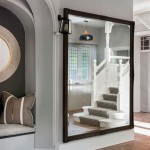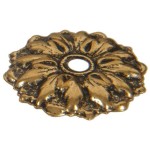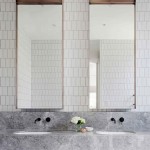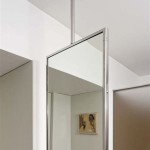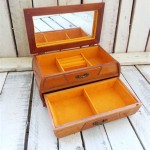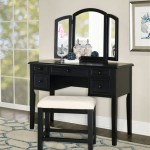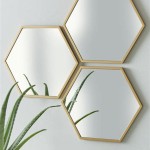Can a Mirror Face Your Bed? Exploring the Beliefs and Practical Considerations
The placement of mirrors in a bedroom, particularly in relation to the bed, has been a topic of discussion across various cultures and belief systems. While some view it as a harmless design choice, others associate it with negative energy and disrupted sleep. This article delves into the different perspectives surrounding mirrors facing beds, exploring both the traditional beliefs and practical considerations.
Cultural and Traditional Beliefs
Many cultural traditions, particularly in Feng Shui and some Western folklore, discourage placing a mirror directly facing the bed. These beliefs often stem from the idea that mirrors can amplify energy, both positive and negative. The concern is that a mirror reflecting the sleeper might disturb their personal energy field and disrupt sleep.
In Feng Shui, mirrors are believed to bounce energy around the room, which can create restlessness and interfere with the flow of Chi, the life force energy. A mirror facing the bed is thought to bounce this energy back at the sleeper, potentially leading to insomnia or nightmares. This belief system emphasizes the creation of a calm and harmonious bedroom environment for optimal rest and rejuvenation.
Some Western superstitions associate mirrors with portals or gateways, fearing they might attract unwanted spirits or energies. These beliefs, while lacking scientific basis, have persisted through generations and continue to influence bedroom design choices for some individuals.
Psychological and Sleep-Related Impacts
Beyond traditional beliefs, there are practical and psychological reasons why a mirror facing the bed might not be conducive to good sleep. A sudden glimpse of one’s reflection in the middle of the night, especially in a dimly lit room, can be startling and disruptive to sleep.
Mirrors can also exacerbate existing anxieties or insecurities related to body image. For individuals prone to anxiety or overthinking, seeing their reflection during moments of vulnerability might heighten negative self-perception and interfere with relaxation.
Furthermore, mirrors can reflect light and movement from within the bedroom, potentially affecting light sensitivity and sleep quality. Even small amounts of light reflection can disrupt melatonin production, a hormone crucial for regulating sleep cycles.
Practical Design Considerations
From a purely design perspective, the placement of a mirror in a bedroom requires careful consideration. Large mirrors can make a small room feel more spacious, but their positioning should be strategic to avoid creating a distracting or unsettling atmosphere.
A mirror reflecting clutter or unorganized areas of the bedroom can amplify the sense of disorder, adding to a feeling of unease and clutter, impacting relaxation and sleep.
The size and style of the mirror also play a role. A small, decorative mirror is less likely to cause disruption compared to a large, full-length mirror directly facing the bed.
Alternatives to Mirrors Facing the Bed
For individuals concerned about the potential negative effects of a mirror facing the bed, several alternatives can be considered. Positioning the mirror on a side wall, where it doesn’t reflect the bed directly, is a practical solution. This allows for the functional use of the mirror without the perceived negative impacts.
Using curtains or screens to cover the mirror at night can also mitigate potential sleep disruptions. This offers a flexible approach, allowing for the use of the mirror during the day while minimizing its influence during sleeping hours.
Choosing smaller, strategically placed mirrors can also minimize potential issues. Focusing on functionality and avoiding overly large or dominating mirrors in the bedroom can contribute to a more peaceful and restful environment.
Personal Preferences and Experiences
Ultimately, the decision of whether or not to have a mirror facing the bed is a personal one. While cultural beliefs and practical considerations offer valuable insights, individual experiences and sensitivities vary.
Some individuals may be entirely unaffected by a mirror facing their bed, while others might experience significant sleep disruptions. Careful consideration of personal preferences, cultural beliefs, and the potential psychological and practical impacts can guide the decision-making process.
Experimentation and observation can be helpful. If a mirror facing the bed causes discomfort or sleep problems, adjusting its position or covering it at night can offer a simple solution. Prioritizing a restful and harmonious bedroom environment should ultimately guide the placement of mirrors and other design choices.

Why Mirror Facing The Bed Is Bad Feng Shui

Why Having Your Mirror Facing Bed Is Bad Feng Shui

Why Mirror Facing The Bed Is Bad Feng Shui
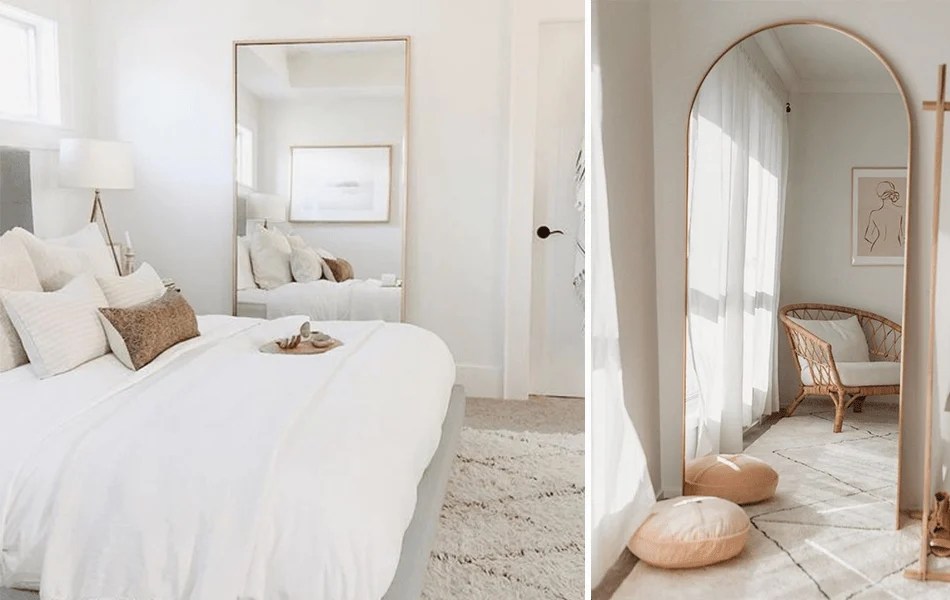
Here S Why Your Mirror Shouldn T Reflect The Bed According To Feng Shui Bria Homes

Is It Bad To Have A Mirror Facing Bed In Feng Shui Diaries

The Feng Shui Of Mirror Placement In Your Bedroom City Mattress

Feng Shui Expert Warns You Should Never Sleep With A Mirror Opposite Your Bed

Why Having Your Mirror Facing Bed Is Bad Feng Shui

Three Good Reasons You Should Never Have A Mirror Facing Your Bed Daily Mail

Sleeping With Mirrors Facing Your Bed Tiktok Search

